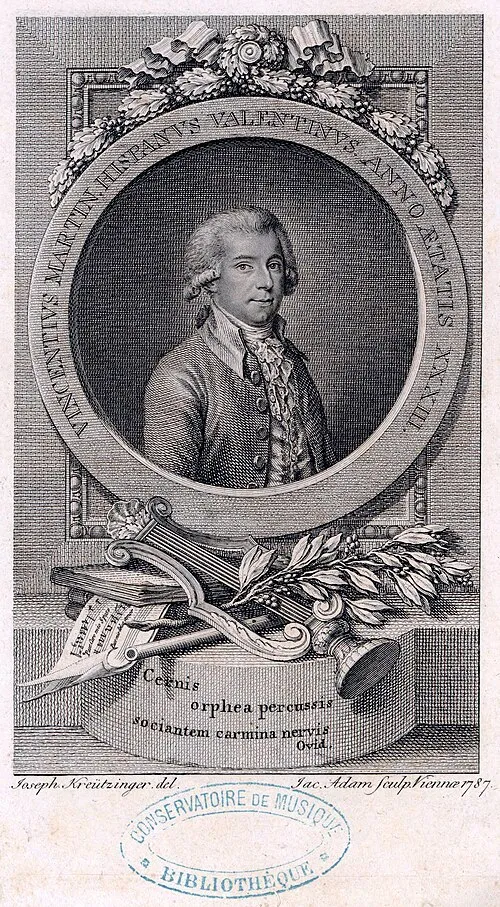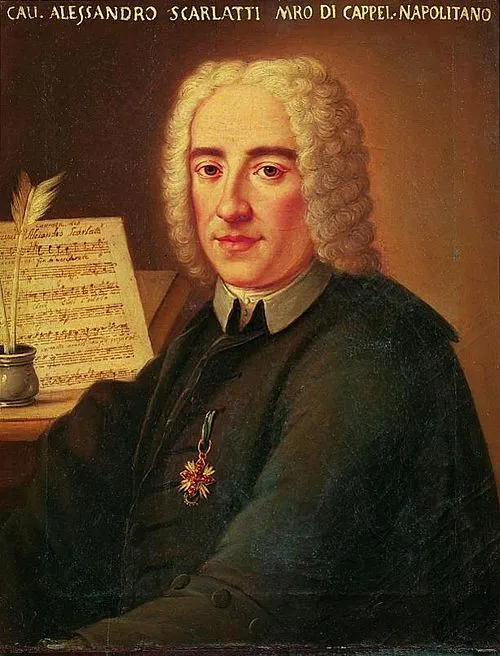
Birth Year: 1860
Full Name: Theodor Herzl
Nationality: Austro-Hungarian
Occupation: Zionist philosopher, journalist, and author
Death Year: 1904
The Legacy of Theodor Herzl: A Visionary for a Nation
In the bustling streets of Pest, in 1860, a future revolutionary entered the world. Theodor Herzl was born into a Jewish family that cherished its cultural identity yet lived amidst rising anti-Semitic sentiments. Perhaps it was this complex environment that shaped young Herzl’s aspirations and drove him to seek out solutions to the Jewish plight.
His early years were marked by academic pursuits and an insatiable thirst for knowledge. Herzl excelled in studies, exhibiting a sharp intellect that would later influence his writings and political activism. However, it was during his time at university that he encountered the harsh realities of societal prejudice a moment that would cement his commitment to advocating for Jewish nationalism.
After graduating, he ventured into journalism a field where his voice could echo loudly amidst the clamor of society. Yet, despite this initial success as a writer for various newspapers in Europe, it wasn't until he attended the Dreyfus Affair trials in Paris that his trajectory changed dramatically. Ironically, witnessing this blatant miscarriage of justice against Captain Alfred Dreyfus a Jewish officer wrongfully accused of treason was pivotal for Herzl's awakening; it galvanized him into action.
Perhaps one could argue that this incident ignited within him an urgency; he realized that assimilation would not safeguard Jews from discrimination or violence. With newfound determination coursing through him, he penned “Der Judenstaat” in 1896. In this seminal work, Herzl articulated the vision of establishing a sovereign Jewish state as both a refuge and renaissance for Jewish people worldwide.
The impact was immediate and profound! His ideas resonated with many who felt disillusioned by their status in society an era when being Jewish often meant facing systemic exclusion and hostility. Soon after publishing “Der Judenstaat,” Herzl organized the First Zionist Congress in Basel, Switzerland in 1897 a monumental gathering where passionate debates flourished among delegates from various backgrounds united by one purpose: to foster a national home for Jews.
However, while some lauded his leadership skills and clear vision, others were skeptical! Critics argued over differing methodologies regarding how best to achieve such ambitions should they negotiate with existing powers or establish settlements? Regardless of these differences among factions within Zionism itself Herzl remained undeterred.
Following Basel came several years filled with tireless diplomacy; undoubtedly exhausting yet necessary endeavors aimed at garnering support from influential leaders across Europe and beyond! Historians recount how he sought audiences with figures like Kaiser Wilhelm II seeking legitimacy for Zionist aspirations while negotiating terms favorable towards building infrastructure essential to establishing new settlements back home.
This relentless pursuit wasn’t without its hurdles though… Despite securing promises including those from powerful financiers such as Baron de Rothschild the geopolitical landscape continually shifted underfoot! The rise of nationalism across Europe presented both opportunities but also significant challenges notably within Palestinian territories themselves where local populations resisted encroachment on their lands!
Early Life and Education
Herzl was the son of a well-to-do Jewish family. He received a law degree from the University of Vienna, which provided him with a platform for his future writings and advocacy. His early career was in journalism, where he worked for various publications and gained significant insight into societal issues, particularly regarding Jewish identity and rights.
The Birth of Zionism
Herzl's journey into Zionism began at a pivotal moment in history. In 1894, he covered the trial of Captain Alfred Dreyfus, a Jewish officer in the French army who was wrongfully accused of treason. The public outcry surrounding the Dreyfus Affair revealed the extent of anti-Semitism in Europe and motivated Herzl to find a solution for the Jewish people.
In 1896, he published “Der Judenstaat” , a pamphlet that argued for the establishment of a Jewish homeland in Palestine. This work galvanized support for the Zionist movement and led to the first Zionist Congress in 1897, held in Basel, Switzerland. This congress marked the formal beginning of organized political Zionism, with Herzl at its helm.
Political Advocacy
Herzl was a gifted orator and skilled in diplomacy. He sought to secure international support for the creation of a Jewish state. His extensive travels included meetings with world leaders, including the Ottoman Sultan Abdulhamid II and the British government, hoping to garner support for a Jewish homeland.
His relentless efforts culminated in what is often referred to as advocating for a “Jewish Homeland,” culminating in the Basel Declaration that asserted the aim of establishing a home for the Jewish people in Palestine. Though Herzl faced numerous challenges and setbacks, his vision laid a foundation that would resonate through future generations.
A Man Between Dreams & Reality
The twists and turns continued throughout Herzl’s life as health issues emerged alongside mounting pressures stemming from various factions vying over control within broader Zionist movements... In spite these adversities and arguably even because they forced him into confrontations about priorities his writing remained prolific right up until his death on July 3rd ,1904!





